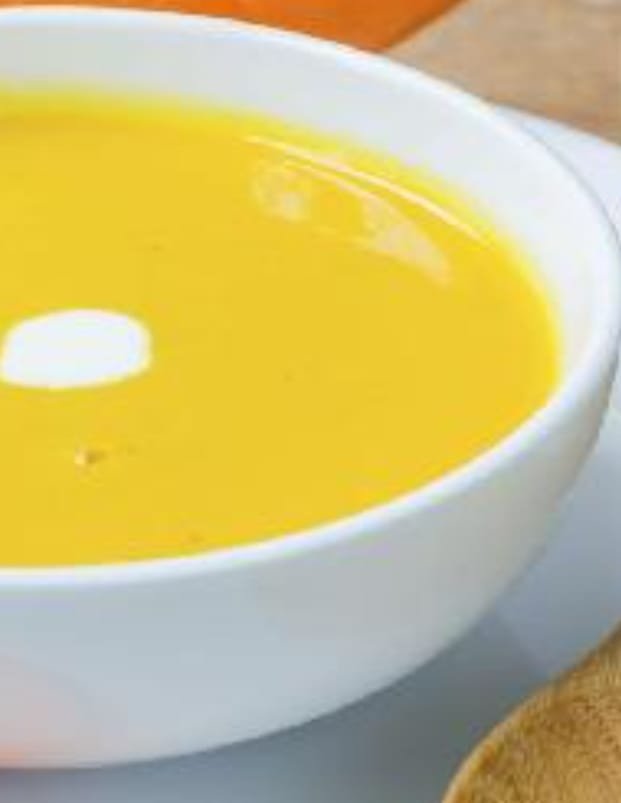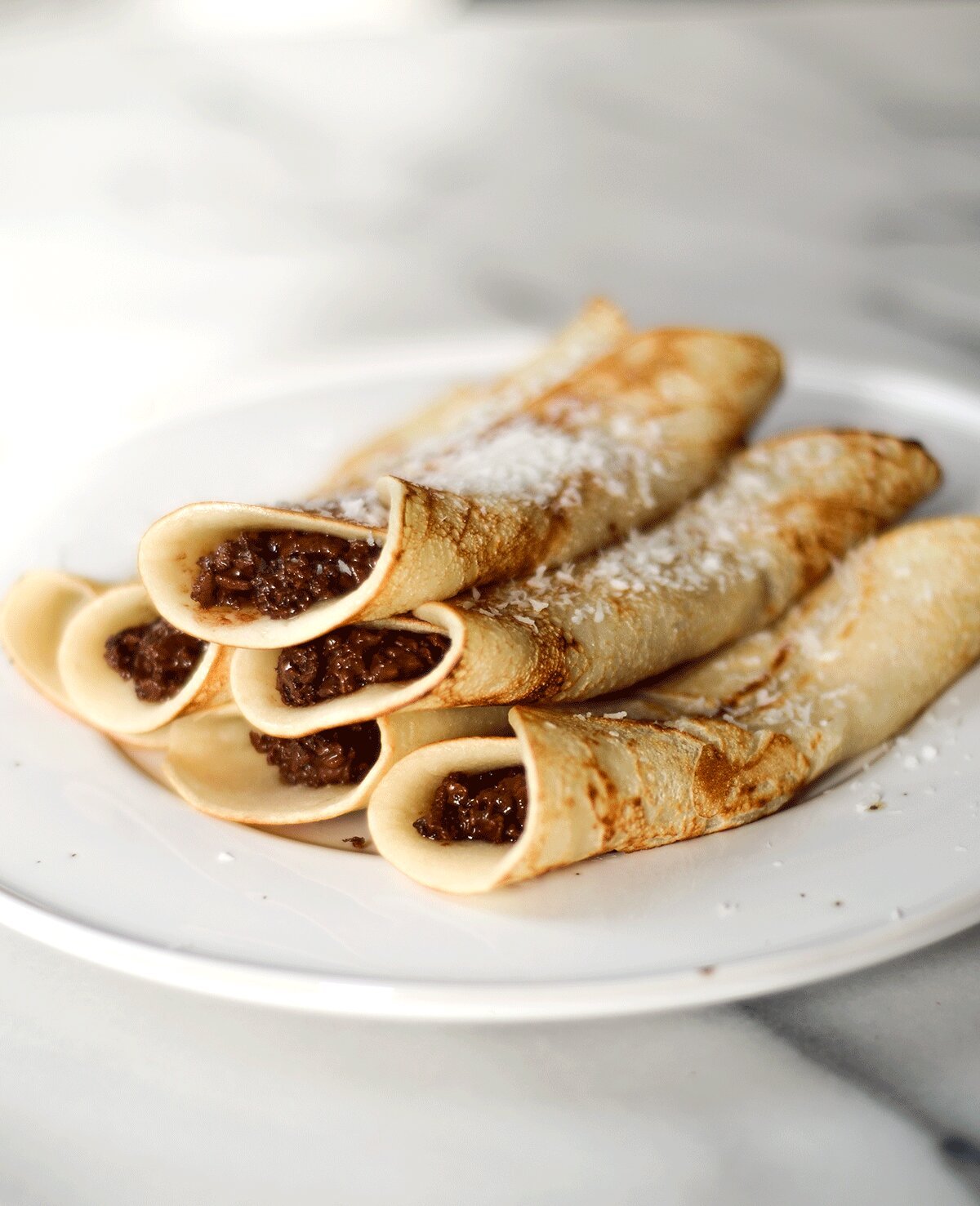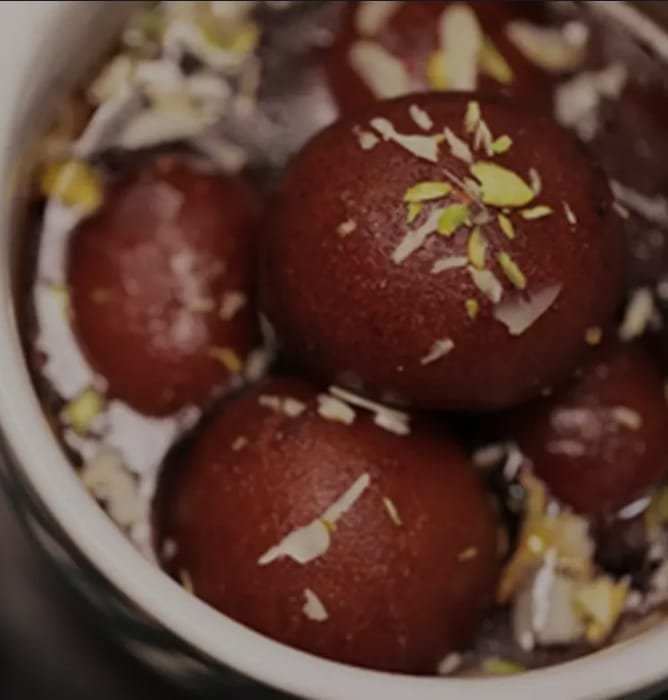Ingredient Ideology | Sweet Delicacies To Enjoy With A Twist By Dr. Kaviraj Khialani
/Sweet Delicacies To Enjoy With A Twist
Sweet treats and temptations have always been a weakness for many of us. We have been attracted towards a number of sweet dishes since a long time now and be it Indian regional options, international favorites or even fusion and innovative combinations as well.
What is important to note is that the quantity of sugar especially refined variety which is getting into our system can be challenging at times due to some medical conditions in some people. It is advisable to consume these sweet treats in moderation and prevention is always better than cure. Let us have a brief overview on the use of natural sweeteners as well to get an idea if we can try using them instead in some of our sweet delicacies.
What are Natural Sweeteners?
Natural sweeteners are substances that are derived from plants or natural sources and are used to sweeten food and beverages.
They are often considered a healthier alternative to refined sugars and artificial sweeteners because they typically contain fewer calories and may have other potential health benefits.
these natural sweeteners are considered healthier alternatives to refined sugars, they should still be consumed in moderation as part of a balanced diet.
Common Natural Sweeteners Includes :
Honey
Mepal syrup
Stevia
Dates syrup
Coconut sugar
Classify Natural Sweeteners
Natural sweeteners can be classified into several categories based on their sources and characteristics:
Plant-based sweeteners
Honey: Produced by bees from flower nectar.
Maple Syrup: Derived from the sap of sugar maple trees.
Coconut Sugar: Made from the sap of coconut palm trees.
Date Syrup: Created from dates.
Stevia: Extracted from the leaves of the Stevia rebaudiana plant.
Fruit-Based Sweeteners:
Fruit Juices: Fruit juices, such as apple or pear juice, can be used as natural sweeteners in recipes.
Banana Puree: Mashed bananas can sweeten baked goods.
Root and Tuber-Based Sweeteners:
Molasses: A byproduct of sugar production from sugarcane or sugar beets.
Yacon Syrup: Extracted from the yacon plant's roots.
Note: these sweeteners may have different flavors, sweetness levels, and uses in cooking and baking, so it's essential to choose the one that best suits your culinary needs and dietary preferences.
What are the Nutritional benefits of Natural Sweeteners
Natural sweeteners often have some nutritional benefits when compared to refined sugars or artificial sweeteners.
Honey: Contains antioxidants, which can help protect cells from damage.
Provides small amounts of vitamins and minerals, including vitamin C, calcium, and potassium.
Maple Syrup:
Contains antioxidants and anti-inflammatory compounds.
Provides small amounts of minerals like manganese and zinc
Stevia:
Has no calories and does not raise blood sugar levels.
Some studies suggest it may help lower blood pressure.
Coconut Sugar:
Contains small amounts of vitamins and minerals like iron, zinc, and calcium.
Date Syrup:
Contains dietary fiber, which can aid digestion.
Provides small amounts of minerals like potassium and magnesium.
Why are Natural Sweeteners preferred over artificial Sweeteners
Natural Origin: Natural sweeteners are derived from plants or other natural sources, which can appeal to individuals seeking minimally processed and naturally occurring ingredients in their diet.
Perceived Health Benefits: Many people perceive natural sweeteners as healthier alternatives to artificial ones. Benefits of antioxidants, vitamins, or minerals.
Lower Caloric Content: Most natural sweeteners provide calories but are often sweeter than table sugar, allowing people to use smaller amounts while achieving the desired level of sweetness. In contrast, artificial sweeteners are non-caloric.
Potential for Antioxidants and Nutrients: Natural sweeteners like honey and maple syrup can contain antioxidants and small amounts of vitamins and minerals, providing additional potential health benefits.
Limited Side Effects: Artificial sweeteners, when consumed in excess, can sometimes lead to gastrointestinal discomfort or have a laxative effect. Natural sweeteners are less likely to cause such side effects.
Use of Natural Sweeteners in Indian Cooking
Jaggery (Gur): Jaggery, a traditional sweetener made from sugarcane juice or date palm sap, is a staple in Indian cooking. It is used to sweeten desserts
Eg : gulab jamun, jalebi, and payasam.
Honey: Honey is used as a sweetener and flavor enhancer in many Indian sweets and beverages.
Eg: shrikhand, lassi, ladoos and herbal tea.
Maple Syrup: While not native to India, maple syrup is sometimes used as a sweetener in recipes that require a Western touch.
Eg: pancakes, waffles, or baked goods.
Coconut Sugar: Coconut sugar is used in South Indian cuisine to sweeten dishes.
Eg: coconut-based sweets, payasam, and rice cakes.
Yogurt and Curd: In many Indian recipes, yogurt or curd is used as a natural sweetener and a source of probiotics.
Eg: raita, shrikhand, and some rice preparations.
Honey Carrot Kheer
Method:
Put the pan on low-medium heat and saute the carrots in ghee for a few minutes.
Add sugar and water and cook until the carrots are soft and tender.
Now add milk and keep it on the boil for a few minutes.
Now add your cashew nuts and cardamom and serve it hot. (You can also serve carrot kheer cold based on your liking!).
Method:
In a wok mix grated coconut or khoya with sugar or jaggery and place it over low flame. If making with khoya, add little milk.
Add cardamom in it.
Keep stirring the mixture till it gets sticky. Keep aside to cool. The process will take 15-20 minutes.
Patishapta
Prepare the patishapta:
Take maida, sooji, and rice flour in a bowl.
Add milk. Mix it carefully not making any lumps. Keep the mixture for half an hour.
Heat the non stick pan. Put a little oil. Pour a thin layer of the mixture on it and spread it quickly with the laddle.
Put the filling lengthwise at the center of it and roll it. Wait till the colour is light brown.
Place it on the plate. Serve hot or cold.
You can pour condensed milk over it before serving
Sevai with stevia
Method:
Take 1 litre of milk in large surface pan and cook it on medium flame. Continuously stir the milk to avoid stickiness of the milk particles to the bottom of the pan.
Add wheat vermicelli to the boiling milk.
Once Vermicelli comes to boil after 8-10 mins, add 40g of 4 4. Magic leaf stevia sweetener to the boiling milk and mix it well.
When the vermicelli softens and floats on the top, add the ¼ teaspoon of cardamom powder and mix it well.
The vermicelli kheer is ready to serve. Serve it chilled or hot
Maple gulab jamun
Method :
Prepare A Flour Dough
To start making this unique sweet delicacy first, mash the khoya and mix it in the flour and baking soda and knead into firm dough.
Give The Dough Ball Shape And Deep Fry
Next, shape the dough into smooth marble-sized balls. Now, take a kadhai on low heat and heat the ghee. Add balls of dough to the ghee and fry until they turn light brown. Keep aside.
Make Maple And Milk Syrup
In another pot bring maple syrup and milk to boil on high flame. Do not stir. Cook till syrup thickens a bit and let it cool for about 30 mins.
Strain The Syrup, Add Cardamom And Boil Again
Next, strain the prepares syrup through a fine nylon sieve or muslin cloth, add cardamom and bring syrup to a boil again.
Add Gulab Jamuns To The Syrup And Serve
Finally, in the syrup Add the fried gulab jamuns and put off the heat. Let jamuns soak for at least half an hour before serving.
Nutribar
Method :
Roast Sunflower seeds, almonds, cashews, black currants, magaj seeds, pumpkin seeds in a pan. In a bowl combine all together.
Take the dates in a bowl and remove the date seeds and take the dates in a mixer bowl and grind it.
Heat ghee in a pan and fry the date paste on low flame. When the date paste starts to come out from the pan, turn off the heat and add it to the dryfruit mixture in the bowl.
Now add two tablespoons of honey or date syrup to the mixture. Now add a pinch of salt and cardamom powder to it and mix all together well.
Line a square tin with butter paper and spread this mixture evenly. Keep it in the fridge for an hour and cut in vertical bars shape as per your choice. Serve.
Can Natural Sweeteners help in Controlling issues related to Diabetes? If yes ? Why ?
Natural sweeteners can be part of a diabetes management plan, but their impact on blood sugar levels varies depending on the type of sweetener and how they are used.
Stevia is a natural sweetener that does not raise blood sugar levels, as it contains no carbohydrates.
monk fruit extract has no calories and does not affect blood sugar levels. It can be used as a sugar substitute for people with diabetes.
Agave nectar has a lower glycemic index than table sugar, meaning it may have a smaller impact on blood sugar levels.
It's essential for individuals with diabetes to work with a healthcare professional or registered dietitian to develop a personalized nutrition plan.
Conclusion
The use of natural sweeteners in cooking offers several potential health benefits, making them appealing alternatives to refined sugars and artificial sweeteners.
Natural sweeteners should be used in moderation, and individual dietary needs and preferences should be taken into account.

















